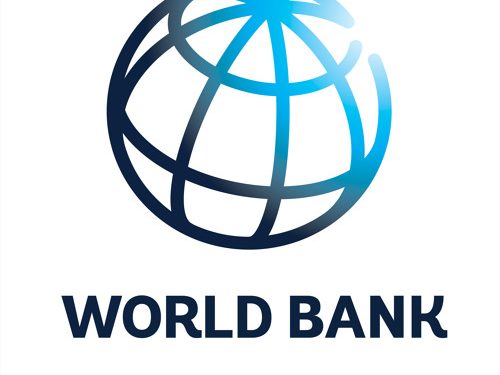The World Bank has listed Nigeria among the three countries with the largest electricity deficits in the world.
It said during the last decade, a greater share of the global population gained access to electricity than ever before, but the number of people without electricity in Sub-Saharan Africa increased.
The bank disclosed this on Monday in a report, titled ‘Universal access to sustainable energy will remain elusive without addressing inequalities’.
It said, “Significant progress has been made since 2010 on various aspects of the Sustainable Development Goal 7, but progress has been unequal across regions.
“While more than one billion people gained access to electricity globally over the last decade, COVID’s financial impact has made basic electricity services unaffordable for 30 million more people, the majority located in Africa.
“Nigeria, the Democratic Republic of Congo and Ethiopia had the biggest electricity access deficits, with Ethiopia replacing India in the top three.”
According to the bank, unless efforts are scaled up significantly in countries with the largest deficits, the world would still fall short of ensuring universal access to affordable, reliable, sustainable, and modern energy by 2030.










